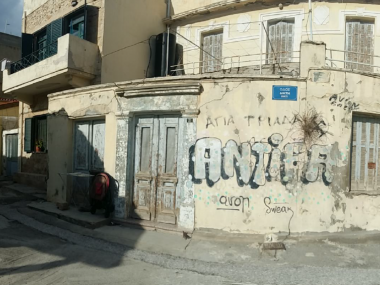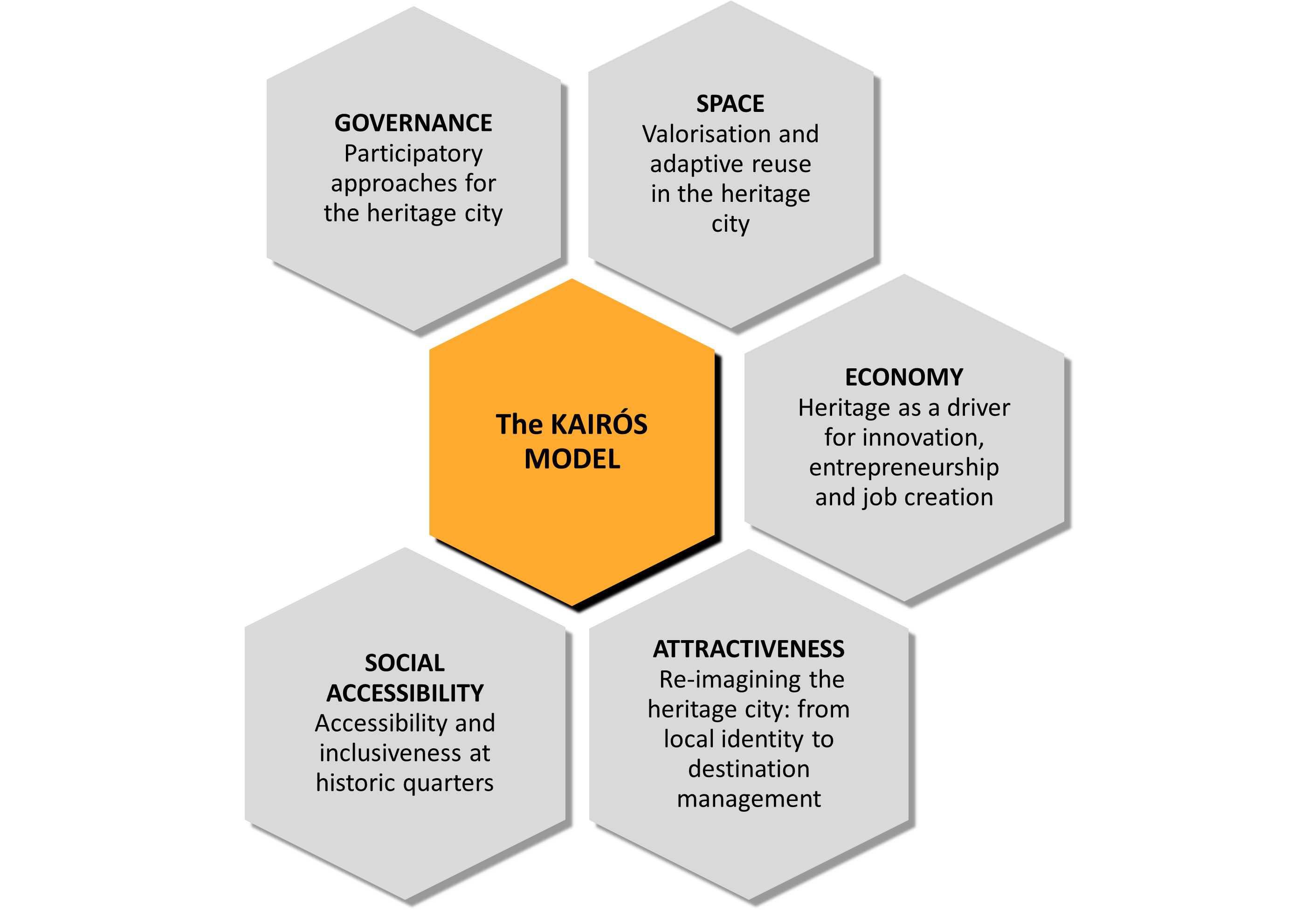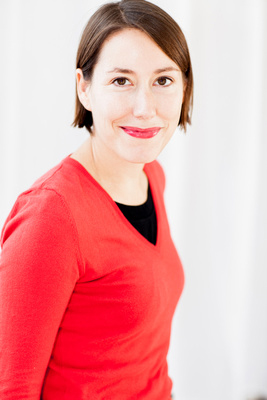Thematic Workshop on Space - Valorisation and Adaptive Reuse in the Heritage City
Edited on
27 July 2021How does the valorisation of cultural heritage drive sustainable urban development and regeneration?

This was the leading question in the two-day thematic workshop on space which was organised by the KAIRÓS Action Planning Network and hosted by the Greek project partner from Heraklion on 3 and 4 March 2021. More than 100 international researchers, urban planners and architects gathered online to discuss the dialectic relationship between the - already existing - built heritage and the production of new urban spaces. Various KAIRÓS project partners as well as other European cities dealing with cultural heritage and urban regeneration shared their good practices on this occasion.
The workshop was opened by Giorgos Sisamakis, the Deputy Mayor of Heraklion and Anke van Wijck in representation of the network’s Lead Partner City of Mula (Spain). KAIRÓSLead Expert Miguel Rivás conceptualised and facilitated the event, explaining the paradigm shift in the way culture and heritage issues are understood today, being at the crossroads of several fields –culture, urban planning, tourism, society, wellbeing and the economy. Therefore, an integrated approach is needed more than ever, in order to tackle the multi-faceted nature of heritage valorisation. The KAIRÓS five-pillar model is a good reference in this respect, considering space, governance, economy, attractiveness and social accessibility.

The space dimension plays a primary role since it has to do with both the preservation and production of urban form. Thus, space should be at the core of any urban regeneration project, since urban architecture has the potential of conditioning new regeneration projects in a positive but also in a negative way.
The first workshop day focused on the igniting potential of architectural and urban design projects with examples from Ukmergé (Lithuania), Sibenik (Croatia), Heraklion (Greece), Torino (Italy), Bordeaux (France) and Torino (Italy).
During the second day, the different experts and city representatives shared various studies and planning formats, e.g. on the critical role of scoping key interventions for the derelict historic quarters in Mula (Spain); the importance of civil society engagement for urban regeneration strategies in Skopje, North Macedonia as well as strategic planning approaches for heritage-led urban regeneration in Sankt Hans, Denmark and Olot, Spain. The final workshop session was dedicated to the urban revitalisation project of the neighbourhoods of Aghia Triada and Lakkos in the host city of Heraklion.
Miguel Rivas closed the two days by insisting that cultural heritage is a driver for the cities of the future.
Other key takeaways were:
- The past can enhance the design of the contemporary city as was the case in Torino with its massive industrial legacy.
- To have a sound urban analysis aimed at stressing key bottlenecks and approach potential solutions to work on (cf. city of Mula)
- As regards engaging the local community, this demands conscious strategy and substantial energy.
- Rather than the plan, it is the process what matters. And funding! Take advantage of the EU money
The workshop was the first in a series of four KAIRÓS thematic workshops to take place throughout 2021. The next event will be held in spring 2021 and will be hosted by the Danish city of Roskilde.
Detailed summary of the event
 Submitted by Dorothee Fischer on
Submitted by Dorothee Fischer on
